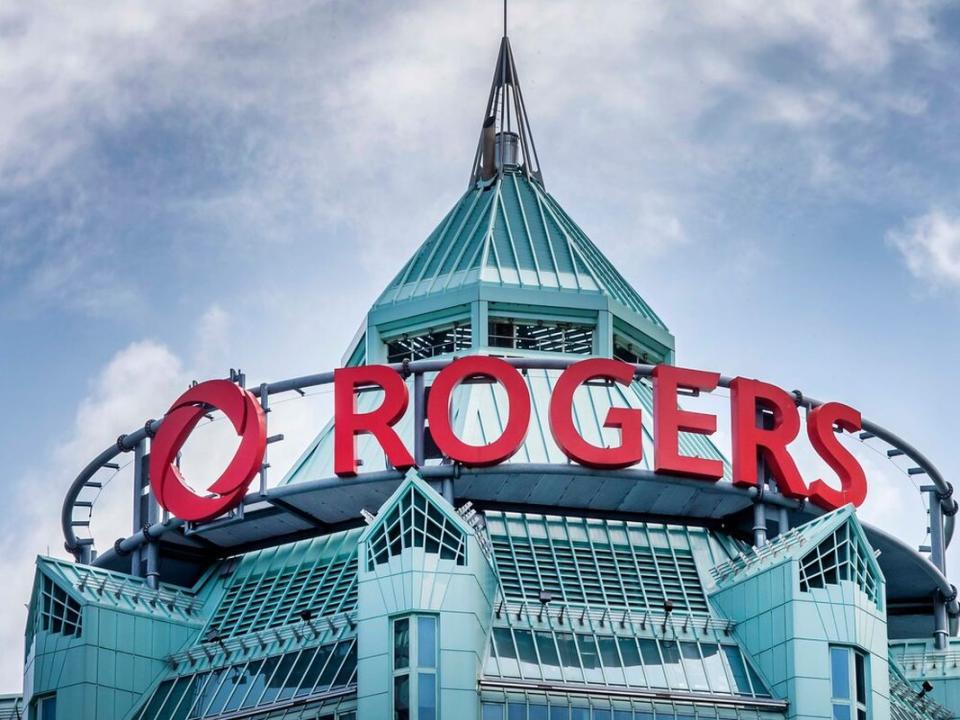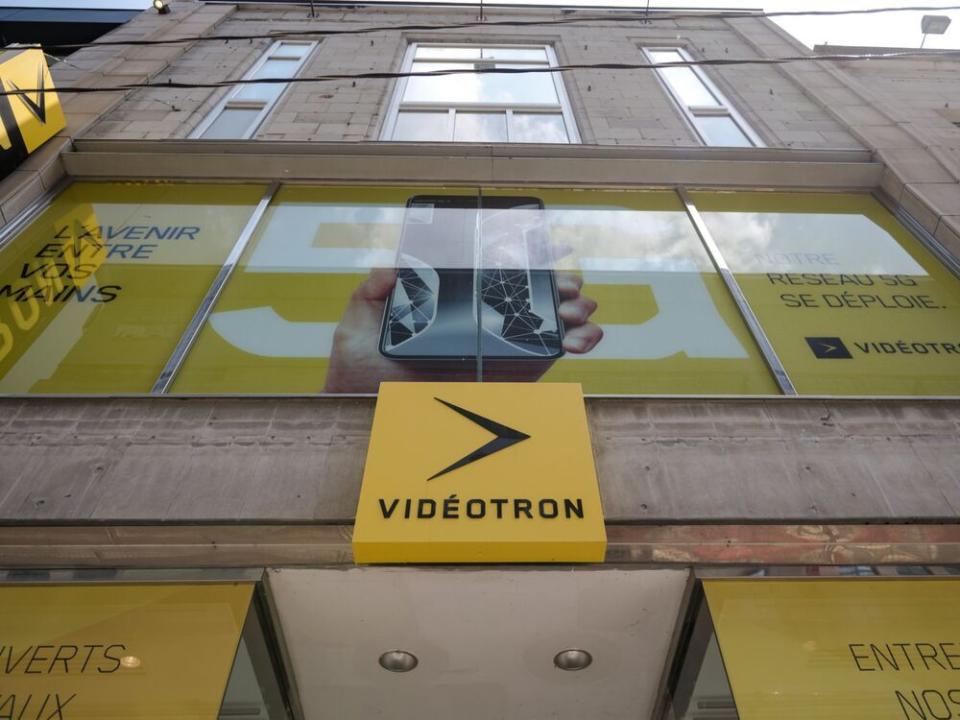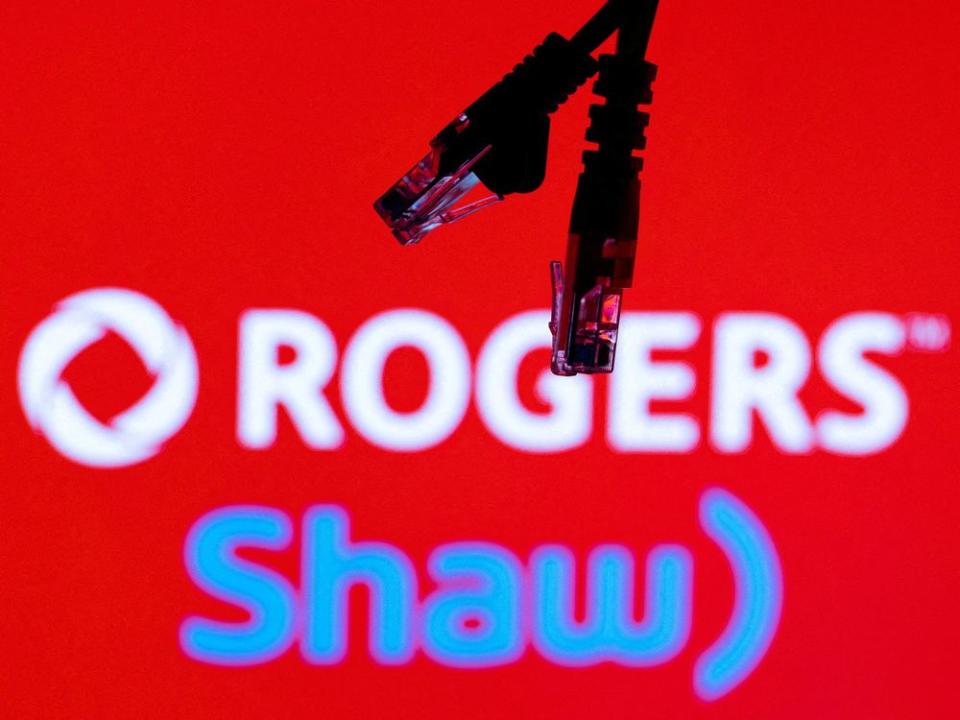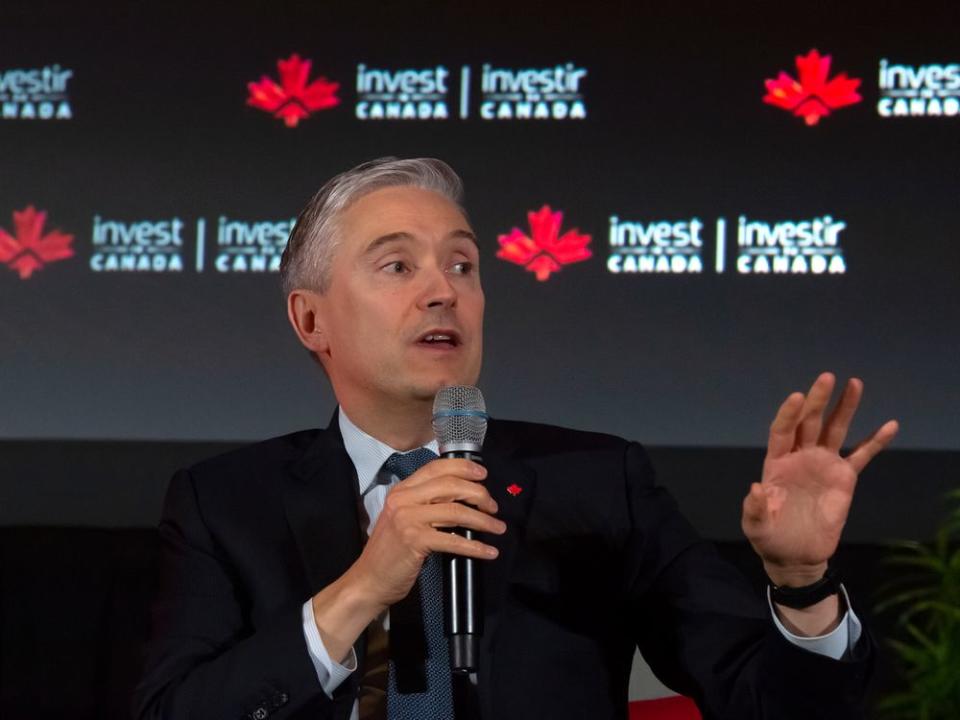Ottawa approves $26-billion Rogers-Shaw merger, with long list of conditions attached

More than two years after Rogers Communications Inc. struck a $26-billion deal to acquire rival Shaw Communications Inc., the federal government has removed the final impediment to the transaction, allowing one of the biggest corporate combinations in Canadian history to proceed.
But the green light from Industry Minister François-Philippe Champagne, who needed to approve the transfer of spectrum licences from Shaw’s Freedom Mobile to Quebecor Inc.’s Vidéotron, did not come easy. The companies must adhere to a string of 21 conditions that include at least $6.5 billion in spending, a commitment to Western Canada and an understanding that wireless prices must come down, with financial penalties if they fail to comply.
Rogers chief executive Tony Staffieri said in a statement that the companies are “very pleased to move forward” with the merger.
“As a proud Canadian company, we’re deeply committed to delivering on our promises and we can’t wait to get started,” Staffieri said.
Like a ‘hawk’
The transactions between Rogers, Shaw and Quebecor are now expected to close by April 7, the three companies said.
Among the conditions, Rogers must also invest $1 billion in broadband internet access, at least $2.5 billion in its western Canada 5G network and $3 billion in expansion projects. Rogers must also establishing a western headquarters in Calgary, and maintain it for a minimum of 10 years, while creating 3,000 new jobs in Western Canada.
Vidéotron is also barred from transferring the Freedom Mobile licences for 10 years.
Champagne said he would act like a “hawk” to ensure the companies abide by the agreement. He also said he expected Freedom’s sale to Vidéotron to bring wireless prices down “significantly” within a reasonable amount of time, or else the government would act.
“I will ensure that a new fourth national player can go toe-to-toe with the Big Three and actually drive down prices,” he said at a press conference. “If I don’t see lower prices in Canada, everything is on the table and I will seek further powers in order to achieve that for Canadians.”
While it was anticipated that Champagne would have tough words for incumbents and general pricing in Canada, Desjardins analyst Jerome Dubreuil said the Minister’s tone was “a bit harsher” than expected.
“‘(The telcos) have enough money’ and ‘I’ll be like a hawk’ were not on our bingo card,” Dubreuil said.
Non-compliance to the agreements can cost Vidéotron up to $200 million in financial damages and up to $1 billion for Rogers, Champagne said, noting that they’re subject to annual reporting requirements on their compliance with the terms of the deal.
Quebecor chief executive Pierre Karl Péladeau said the acquisition of Freedom would help lower wireless prices for Canadians.
“By joining forces, Freedom Mobile and Vidéotron will become the fourth national mobile carrier that Canadians have been waiting for,” he said. “Just as Vidéotron has done in the Québec market, Freedom will promote competition by competing aggressively with Canada’s wireless carriers in order to lower prices for the benefit of consumers.”

But, Laura Tribe, executive director of Internet advocacy group OpenMedia, wasn’t optimistic about prices coming down. She said in a statement shortly after the announcement that “today’s decision is the largest blow to telecommunications competition and affordability we’ve ever seen.”
“Despite press releases claiming otherwise, Minister Champagne’s putting the nail in the coffin of competition in telecommunications in Canada. At this point, there’s only one thing he can do to save our downward spiralling telecom sector: full-scale competition reform in Canada. Without it, we could easily be looking at a Bell and Telus merger next.”
Scotiabank telecom analyst Maher Yaghi told clients ahead of the news that the next few months will focus on how quickly Rogers can extract the promised synergies from the transaction, as well as how fast the company can de-lever its balance sheet.
“We believe investors need to pay attention to the level of concessions that both Rogers and Quebecor have agreed to undertake,” Yaghi wrote.
On March 31, Rogers updated its 2023 financial guidance, originally set in February. Following the merger, it expects total service revenue to increase between 26 per cent to 30 per cent, from four to seven per cent.
Long road to approval
Champagne’s announcement comes on the same day as the latest deadline that Rogers and Shaw set to conclude their agreement — the fourth since the original deadline of the second quarter of 2022.
The merger already received approval from Shaw shareholders and the Court of King’s Bench of Alberta in 2021, the Canadian Radio-television and Telecommunications Commission in March last year and the Competition Tribunal at the end of 2022, a decision that was upheld by the Federal Court of Appeal in January.
Rogers appeared initially to misjudge the willingness of regulators and politicians to give one of the biggest corporate takeovers in Canadian history a green light.

When Shaw purchased Wind Mobile in 2016 and renamed it Freedom, many in Ottawa thought the Calgary-based company would challenge the dominance of Rogers, Montreal-based BCE Inc.’s Bell, and Vancouver-based Telus Corp.
The sight of Shaw being absorbed by one of the Big Three telecommunications companies renewed concerns about competition in the market for cellular services. The government insisted on conditions and the Competition Bureau mounted a vigorous — but ultimately unsuccessful — attempt to block the takeover in court.
Selling Freedom to Quebecor amounted to a concession by Rogers and Shaw to those in Ottawa who worried the takeover would further consolidate an industry that provides what many now view as an essential service — a service for which Canadians pay some of the highest monthly rates in the world amid limited competition.
Quebecor’s Vidéotron unit is a dominant provider of cable and mobile service in Quebec and the company has said it will use Freedom to fulfill a long-held desire to expand across Canada.

First, Vidéotron would have to hold Freedom’s spectrum licences for at least 10 years and, second, bring competitive wireless offerings to Ontario and Western Canada that mirror those in Quebec, where prices were brought down by around 20 per cent.
The merger already received approval from Shaw shareholders and the Court of King’s Bench of Alberta in 2021, the Canadian Radio-television and Telecommunications Commission in March last year and the Competition Tribunal at the end of 2022, a decision that was upheld by the Federal Court of Appeal last month.
CRTC review
Rogers appeared initially to misjudge the willingness of regulators and politicians to give one of the biggest corporate takeovers in Canadian history a green light.
When Shaw purchased Wind Mobile in 2016 and renamed it Freedom, many in Ottawa thought the Calgary-based company would challenge the dominance of Rogers, Montreal-based BCE Inc.’s Bell, and Vancouver-based Telus Corp.
The sight of Shaw being absorbed by one of the Big Three telecommunications companies renewed concerns about competition in the market for cellular services. The government insisted on conditions and the Competition Bureau mounted a vigorous — but ultimately unsuccessful — attempt to block the takeover in court.
Selling Freedom to Quebecor amounted to a concession by Rogers and Shaw to those in Ottawa who worried the takeover would further consolidate an industry that provides what many now view as an essential service — a service for which Canadians pay some of the highest monthly rates in the world amid limited competition.
Quebecor’s Vidéotron unit is a dominant provider of cable and mobile service in Quebec and the company has said it will use Freedom to fulfill a long-held desire to expand across Canada.
ISED’s approval comes a little over a week after the Canadian Radio-television and Telecommunications Commission on March 23 asked Rogers to provide details of its network-sharing arrangements with Quebecor by April 11, following a complaint from the independent internet service provider TekSavvy Solutions Inc. questioning the wholesale deals.
In a press release, TekSavvy said the Minister approved the merger despite the CRTC’s ongoing investigation.
“Shaw and Freedom Mobile are just the latest dominos to fall in the rapid ongoing collapse of competition in Canada’s telecom sector. The merger follows Bell’s acquisition of Ebox, Distributel and Primus; Vidéotron’s purchase of V-Media; Telus’s acquisition of Start.ca and Altima; and Cogeco’s acquisition of Oxio, among others,” it said.
—With additional reporting from Barbara Shecter
• Email: dpaglinawan@postmedia.com | Twitter: denisepglnwn

 Yahoo Finance
Yahoo Finance 